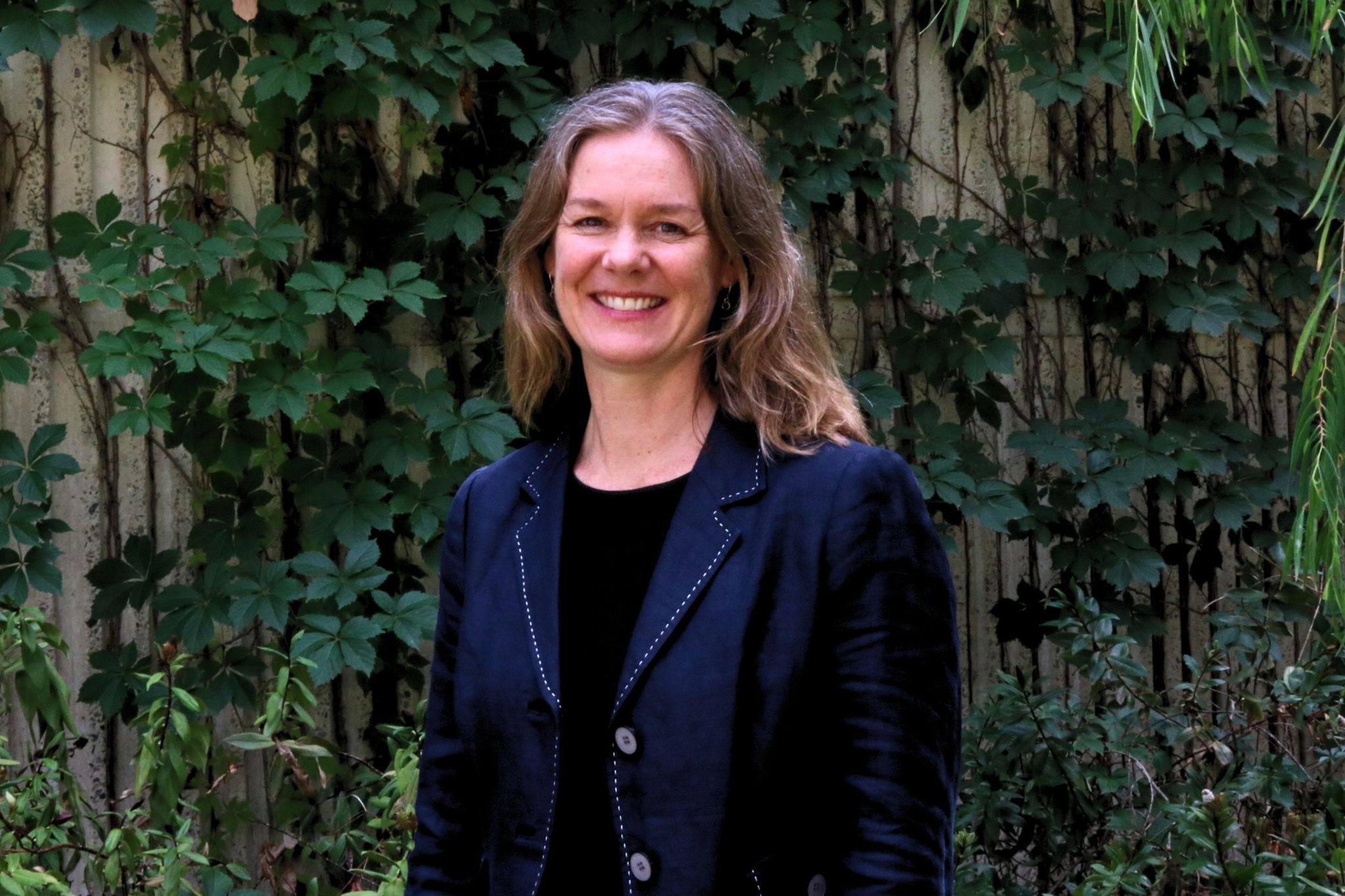Pilot program offers village of support

Curtin Associate Dean (Medicine), Dr Yvonne Anderson is leading the Healthy Lifestyle Program pilot.
An innovative 2-year program has been piloting a transformational approach to the way families approach health and wellbeing, with participants describing it as a much-needed “village of support.”
Led by the Child and Adolescent Health Service, in partnership with Curtin University, The Kids Research Institute Australia and East Metropolitan Health Service, the Healthy Lifestyle Program pilot was launched in June 2024.
The pilot program offers practical, personalised support to families navigating the often-overwhelming journey toward healthier living.
Designed through three years of community consultation, the multidisciplinary, collaborative approach is rooted in cultural safety, equity, and compassionate care, shaped with the input and wisdom of Aboriginal Elders and consumers.

Elders from the Cultural Advisory Group, who provide critical guidance to the pilot.
The pilot is currently being delivered in Perth’s eastern metropolitan corridor under the leadership of Paediatrician and Professor of Community Child Health, Dr Yvonne Anderson, who previously developed a similar, award-winning program in New Zealand.
Rather than focusing on diets or weight loss, Dr Anderson says the program enables families by building confidence and lifelong healthy lifestyle knowledge in terms of nutrition, physical activity, and emotional wellbeing.
“Families are learning together in a way that’s engaging, fun and non-judgemental,” Dr Anderson said.
“Through community and home-based assessments, we’re seeing encouraging changes.”
So far, more than 180 participants have been referred to the pilot, which has quickly become a safe, supportive space for families to connect and share knowledge.

Chef Blair, 5 years, making nacho bowls with Mum, Simone at group session.
Dr Anderson said a key part of the program’s success was the strong sense of community the participants experienced – and the warmth and trust they felt toward facilitators and fellow participants.
“To hear families say they don’t feel judged and that staff feel more like aunties, that’s when the magic happens. That’s when real change begins,’’ she said.
Dr Anderson said the goal was to redefine what health looks like, not as numbers on a scale, but through the lens of community and shared knowledge.
“For many families, this is not about willpower – it’s about access to support and health-promoting environments,” she said.
“There are very real barriers, such as financial stress, food insecurity, transport issues, and complex family dynamics, which can hinder someone’s ability to lead a healthier lifestyle.
“Our goal is to break down those barriers where we are able through a strengths-based, family-led approach, and re-write the narrative with families.”
Ellenbrook mum of four Natasha, said her son Jacob (11) was waiting to see a nutritionist at Perth Children’s Hospital when she learned about the program.

Nevaeh, 8 years (left), and Jacob, 11 years (right) after shooting some hoops at group session.
“Originally, Jacob was going to attend alone, but now my 8-year-old daughter Nevaeh goes too,” she said.
“They both love it and never want to miss a session.”
From group activities to hands-on meal prep, Natasha said the program had helped the children feel more confident and engaged.
“They love getting in the kitchen and cooking with their new friends,’’ she said.
“We’ve also learned to make better food choices at home, and they feel proud of it. They get a say now, and that makes a real difference.”
Natasha said the positive impact now extends throughout her entire household, as she brings home tips to involve her 17-year-old son, who has autism, and their two-year-old foster child with special care needs.
“We’ve swapped ham, something I thought was healthy, for better options,’’ she said.
“Now it’s fruit, cheese, and rice crackers instead of chips for recess, and the kids are spending more time outdoors than on their devices.”
Dr Anderson notes that approximately 25 per cent of participating families identify as Aboriginal and/or Torres Strait Islander – a testament to the ease of access to the program, partnerships and a culturally respectful design.
“With patient-centred care closer to home, families can truly thrive and teach us what we need to know as health professionals,” she said.
“This pilot demonstrates that while healthy choices aren’t always easy, with genuine support, they become possible.”
Child and Adolescent Community Health Service Executive Director, Judith Stewart, praised the initiative and its community-centred model.
“It’s been a privilege to host the Healthy Lifestyle Program pilot,” she said.
“To see the team working alongside families to support positive lifestyle change is inspiring.
“It’s a model of care that is accessible, culturally safe, and close to home- and we’ll take valuable lessons from it as we continue to improve our community health services.”
The team is in the process of publishing and sharing findings from the pilot, including understanding lessons around how the pilot could inform working with larger groups in the future. The pilot program will run until the end of 2025. Dr Anderson hopes that such programs can become standard of care in the future to support more families to achieve healthy lifestyle change.
